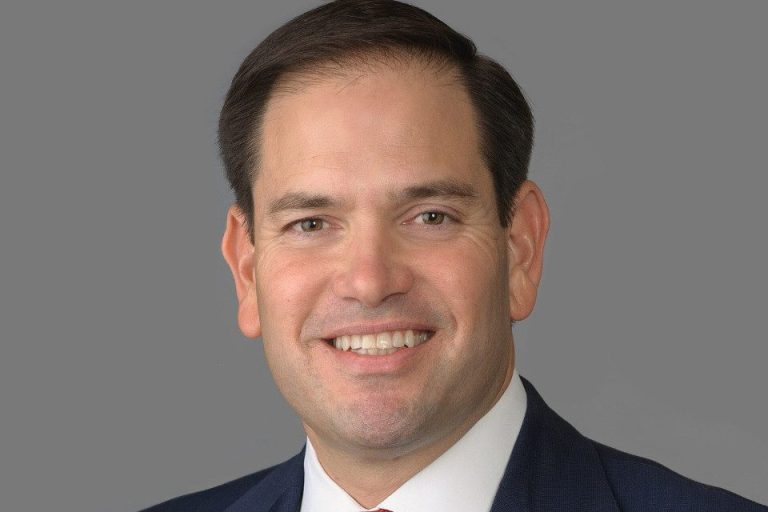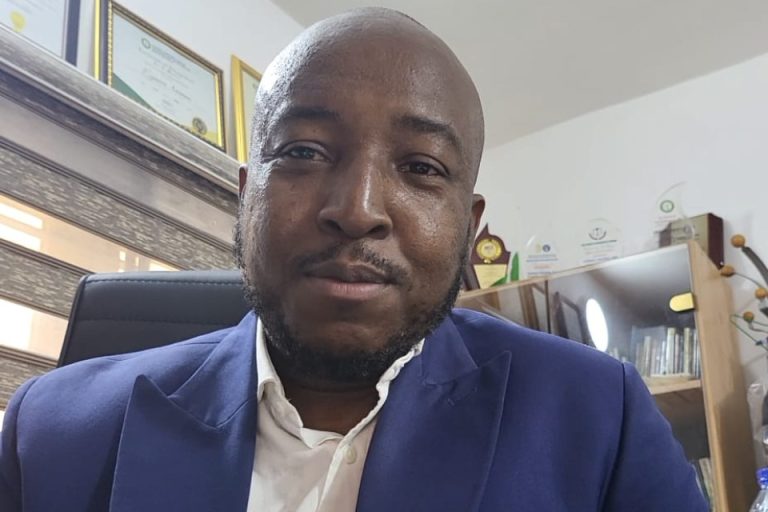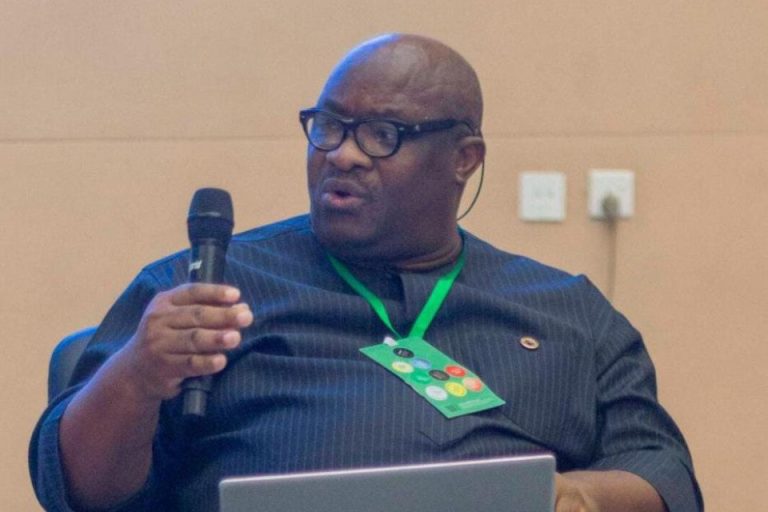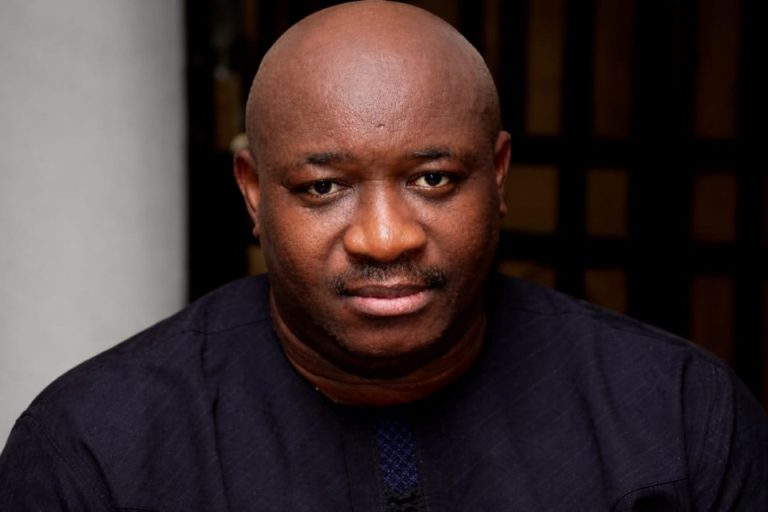Although the Nigerian Constitution protects freedom of expression, including for members of the press and other media, the government restricted these rights in 2024, with critics of the government sometimes being subjected to threats, intimidation, arrest, detention, and violence, according to the U.S. State Department in its latest annual report to Congress.
The 2024 Nigeria “Country Report on Human Rights Practices”, released on August 12, 2025, is part of a comprehensive report which the State Department submits annually on all countries receiving United States assistance and all United Nations member states to the U.S. Congress in accordance with the Foreign Assistance Act of 1961 and the Trade Act of 1974.
The annual Country Reports cover the status of internationally recognised human rights and worker rights.
In its Nigeria report covering 2024, the State Department noted that there were reported cases in which the government restricted the ability of individuals to criticise the government, adding that “The government used broad ‘cyberbullying’ charges to arrest internet users who posted derogatory statements concerning public figures.”
According to the State Department, following the August #EndBadGovernance protests, security services raided civil society organisations, such as the governance and human rights focused NGO, Socio-Economic Rights and Accountability Project (SERAP), and the National Labour Congress (NLC), “which observers regarded as an attempt to intimidate these organisations.”
It said: “Blasphemy, or intentionally insulting religion to cause offense, was criminalised throughout the country through state criminal and penal codes. Penalties included imprisonment for two to five years or fines.”
The State Department said there were reports that security services detained, harassed, and threatened journalists, or stood by as others attacked journalists, stressing that security services detained, harassed, or attacked at least 56 journalists nationwide during the August #EndBadGovernance protests, citing the New York-based international NGO, the Committee to Protect Journalists (CPJ).
It noted that although a large and vibrant private press frequently criticised the government, Nigerian authorities controlled much of the television and radio programming through the National Broadcasting Commission, which was responsible for monitoring and regulating broadcast media, pointing out that “cable and satellite transmission was less restricted.”
The State Department said some journalists reported they practised self-censorship as journalists and local NGOs claimed security services intimidated journalists, including editors and owners, into censoring reports perceived to be critical of the government.
It cited as an example the case of Adejuwon Soyinka, a journalist with Conversation Africa, who was arrested upon arrival at Lagos airport and was told by the authorities that “his name was put in a watchlist by an unnamed security agency.”





